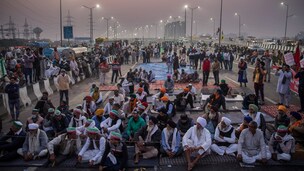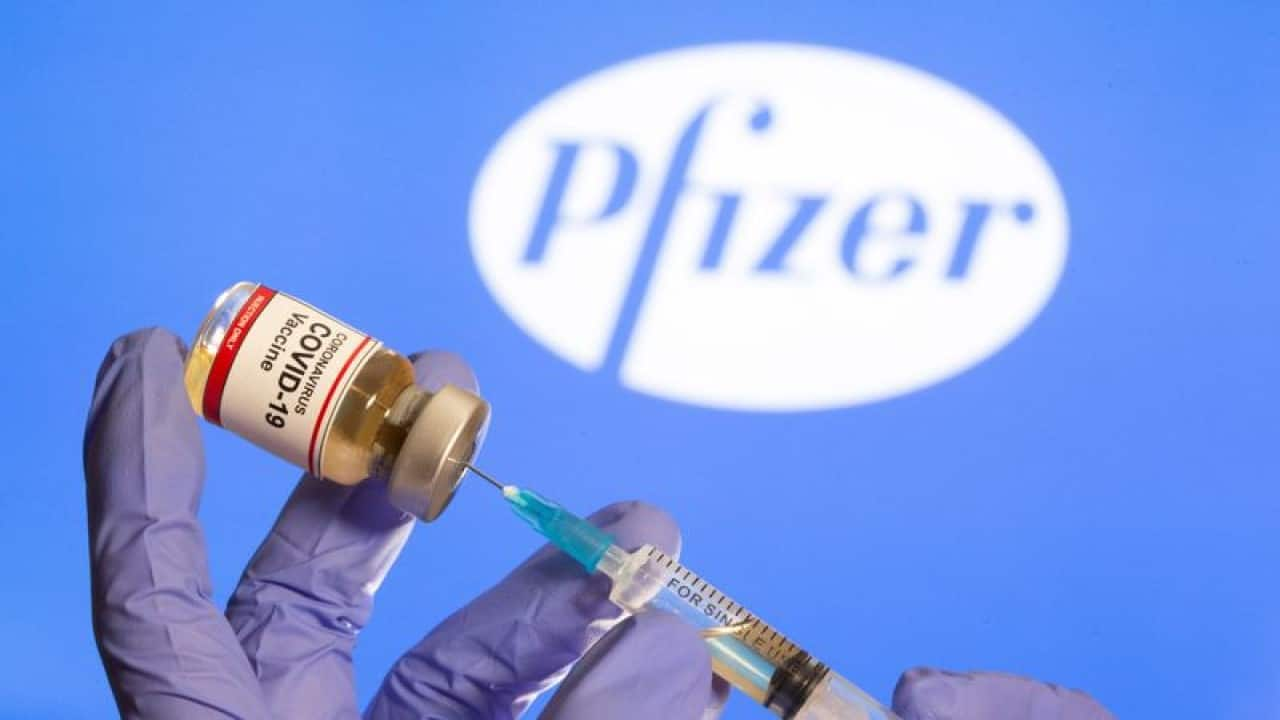The District Development Council (DDC) election in Jammu and Kashmir, the counting of which is underway, was the first electoral exercise after the erstwhile state was bifurcated into two union territories with the abrogation of Article 370 on August 5, 2019.
The polls are aimed at reviving the Panchayati Raj system in Jammu and Kashmir. The results will decide the fate of 280 members of DDC in 20 districts of the union territory.
On October 17, the Centre had amended the Jammu and Kashmir Panchayati Raj Act, 1989, to facilitate the setting up of these councils. The UT administration also amended the J&K Panchayati Raj Rules, 1996, to pave way for the establishment of the elected DDCs.
What are DDCs and how will they operate in the governance?
The DDC election will facilitate the formation of all the three tiers of Panchayati Raj system of rural governance– Panchayat, Block Development Council (BDC) and DDC. The DDCs will be elected for a five-year term.
The last general elections to the Panchayats were held in 2018. As many as 22,214 panches and 3,459 sarpanches were elected out of 33,592 panch and 4,290 sarpanch constituencies in the UT.
The DDCs, a new layer of governance in the UT, will oversee the functioning of Halqa panchayats and BDCs. The structure will include a DDC and a District Planning Committee (DPC). The new system replaces the District Planning and Development Boards (DDBs) in the districts which was headed by a cabinet minister in the erstwhile state. It will approve district plans and capital expenditure.
Follow LIVE updates on DDC Election Results here
Each DDC will have 14 elected representatives from each district. The elected members will appoint a chairperson and a vice-chairperson of the DDC from among themselves.
The DDC, one for each district, will comprise local Members of Parliament (MP), local Members of the Legislature Assembly (MLA), chairperson of the DDC, chairpersons of the town area committees/municipal committees of the district, president of the municipal council/municipal corporation, the district development commissioner and additional district development commissioner, among others.
The MP will function as the chairperson of the District Planning Committee.
How are the DDC different from District Planning and Development Boards?
In the erstwhile state of Jammu and Kashmir, the District Planning and Development Boards (DDBs) headed by a cabinet minister functioned as planning bodies, charting and formulating the district’s developmental plans. The central funds for the development of the district would flow through these Boards.
While the DDBs were headed by a cabinet minister with MPs and MLAs and MLCs as members, the DDC will be headed by a chairman appointed from among the 14 elected representatives. The planning process will be directly handed over to the elected representatives now. In the earlier system, the deputy commissioner would prepare a plan for the DDBs to approve.
BJP Vs Gupkar Alliance
The Jammu and Kashmir’s mainstream political parties including the Jammu and Kashmir Peoples Democratic Party (PDP), the National Conference (NC), the Jammu and Kashmir People's Conference (PC) and the Awami National Conference (ANC) contested the polls as the People’s Alliance for Gupkar Declaration (PAGD) -- a united front against the BJP to collectively fight for the restoration of Article 370. The elections saw a high-decibel campaign by the BJP, the Congress and PAGD. The Congress, which was among the first signatories of the PAGD, has since distanced itself from the alliance.
Political significance
For the BJP, the DDC election is a litmus test, especially after scrapping Article 370 last year. The saffron party has not been in power in the state, except for a term when it had an alliance with Mufti Mohammad Sayeed’s People’s Democratic Party (PDP) in 2015. In June 2018, BJP pulled out of its coalition government with the PDP.
It is also a litmus test for the regional parties in the Gupkar Alliance and the Congress, as well, since it is the first electoral exercise in the erstwhile state since the scrapping of Article 370. While most of the leaders of the parties in Gupkar Alliance stayed away from the campaign, BJP saw its top leaders including Union ministers Mukhtar Abbas Naqvi, Anurag Thakur, Jitendra Singh, Smriti Irani and Krishan Pal Gujrar campaigning for party candidates.










_2020091018165303jzv.jpg)


























